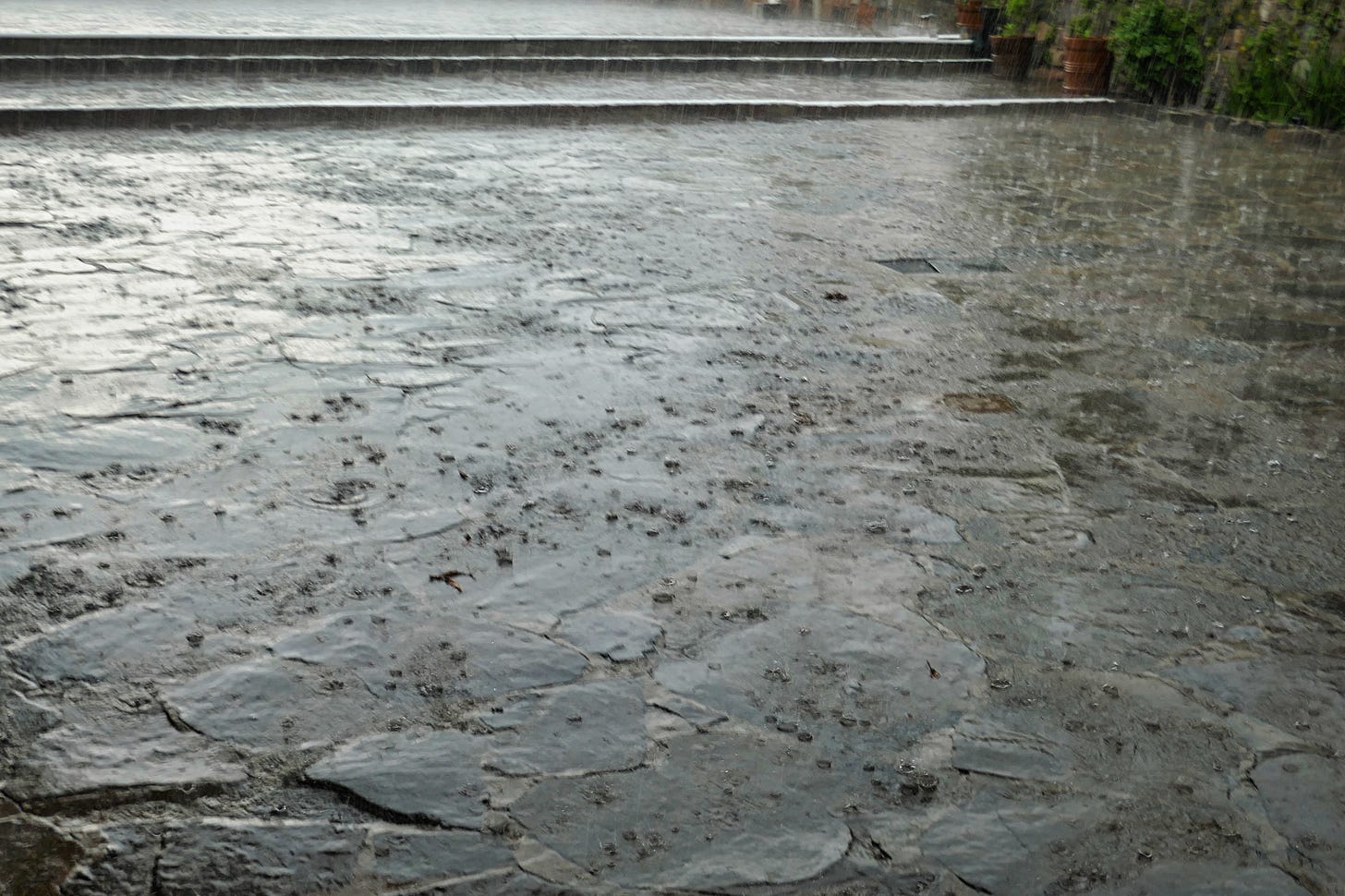Hello friends,
Let’s face it. Some things in life are hard to be thankful for. I don’t need to name them. Many, we all share, and others reside silently in our being, a constant reminder of pain and loss.
How do you keep moving when you lose someone you love? How do you take the next step after a life-altering diagnosis? How do you do the next thing when everything you worked for doesn’t materialize?
I like to think I can meticulously orchestrate the moments and the outcomes of my life. And yes, I plan, save, and take risks, but I never know what tomorrow brings.
So, how in the world do you and I cope with life’s uncertainty? I have one word for you.
Gratitude.
I’ve always sensed the power of this word and the mindset behind it. Christina Costa explained why in her TED Talk, “How gratitude rewires your brain.” She has the expertise for this topic as a psychologist, but her most significant knowledge comes from the malignant tumor that found a home in her brain.
Christina isn’t the first researcher to study the benefits of gratitude. Others have discovered that practicing gratitude affects us psychologically producing positive emotions and socially by increasing empathy and strengthening relationships.
Did you know that gratitude also affects us physically? Practicing gratitude supports a more robust immune system, reduces pain, and contributes to our overall well-being.
How does the brain team up with our thoughts and actions of gratitude?
The brain’s neuroplasticity, the ability to form new neural connections, means we can restructure negative emotions and “intentionally activate these gratitude circuits.” As we practice gratitude, these neurons strengthen and make it easier and easier for these new pathways to affect our mental, social, and physical health.
My brain immediately jumped to the how in this equation. Leading up to surgery and throughout her extensive chemotherapy, Christina practices.
Every morning, she begins the day with two simple actions. She writes down three things she’s grateful for and why she’s thankful for them. Next, Christina writes thank-you notes to her heroes and healthcare providers.
This week I will add these two practices to my daily routine. The first step, I’ve done in the past, but I need to reinstate my daily gratitude list with the addition of the important “why.” While I think about the “thank you,” I don’t always act on it.
I’ll start with you, dear reader. I am grateful to you because your interest motivates me to keep writing. Thank you for opening your email and sharing your insights in the comments.
Christina will be the first to tell you gratitude isn’t always easy. That doesn’t stop her from rewiring her brain to build resilience.
I’m off to write down what I am grateful for today.
What are you grateful for, and why?
More tips from me for when you are grasping for gratitude.
You can follow Christina Costa on Instagram and read her book of poems, Kiss Your Brain: Diagnosis Poems (all proceeds from the sale of her book go to brain tumor and brain cancer research).
Try Gratitude or The Heart of Life for a little gratitude boost, and always What a Wonderful World.
“Piglet noticed that even though he had a Very Small Heart, it could hold a rather large amount of Gratitude.”
—A.A. Milne
Find a little wonder this week as you make your gratitude list.
With gratitude,
Kathryn
Thanks for reading. Feel free to forward this weekly note to someone who would enjoy a few words of inspiration. And I always welcome your thoughts, so, please do . . .
If a friend forwarded this email to you, and you want more, you can sign up below.










That's Good, Do It Now! "Our lives are but specks of dust falling through the fingers of time. Like sands of the hourglass, so are the days of our lives. - Socrates,Greek Philosopher,470BCE-399BCE" ✔Prosperity Bonus: Our greatest freedom is the freedom to choose our attitude. - Viktor E. Frankl,1905-1977" Tip: "One day or day one. You decide."
I'm grateful for the reminder! Funny how simple practices that really help us can be so darn hard!